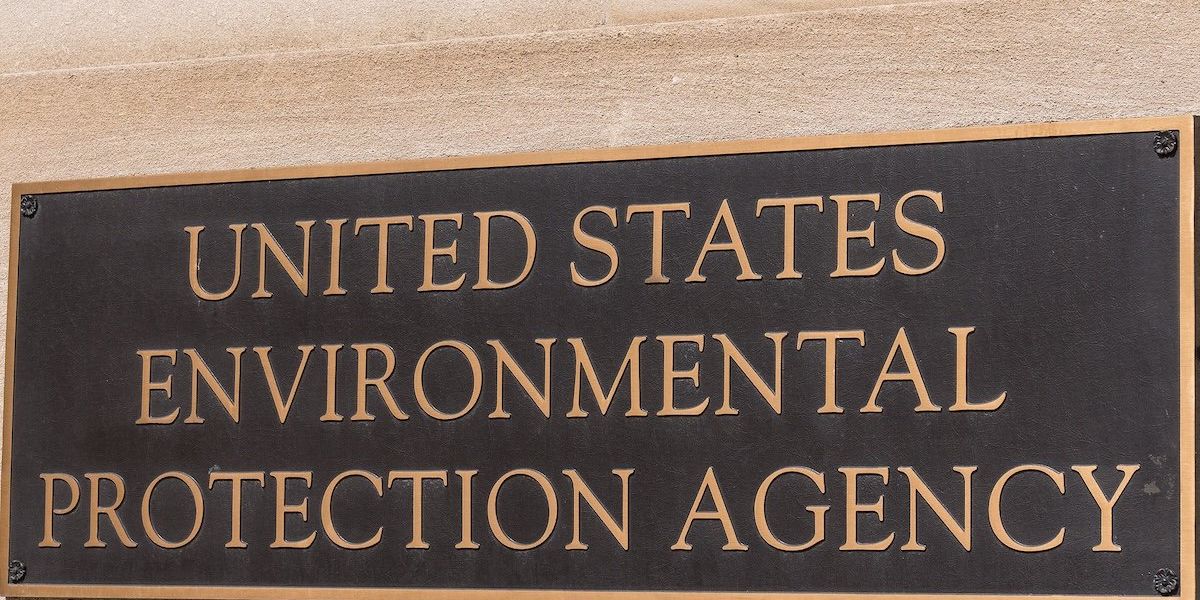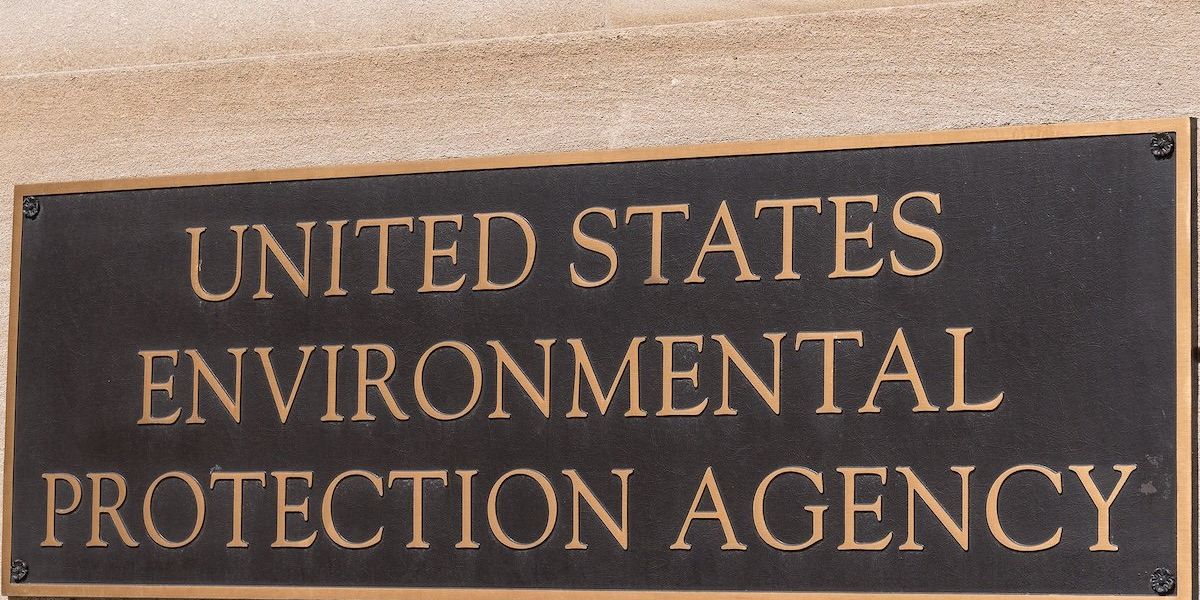ewg
US 'climate-smart' agriculture funding often misses its target
A new report criticizes more than half of U.S. federal "climate-smart" agriculture funding for not effectively reducing greenhouse gas emissions.
In short:
- A report by the Environmental Working Group (EWG) reveals that $1.9bn of the allocated $3bn for "climate-smart" practices might not combat climate change.
- The USDA's Environmental Quality Incentives Program (EQIP), despite its aims, supports some farming methods with dubious benefits to the climate.
- Practices such as nutrient management are beneficial, yet a significant portion of EQIP funds are used for questionable methods like animal waste storage facilities construction.
Key quote:
"There’s not a lot outside of these federal programs that are going to help farmers reduce their emissions. So if this money isn’t going to the right practices, then agriculture as a whole in the United States is not going to reduce their emissions."
— Anne Schechinger, author of the EWG report
Why this matters:
Effective use of federal funds for farming practices directly impacts the U.S. agriculture sector's ability to mitigate its role in the climate crisis. This report challenges the current allocation, suggesting a reevaluation to truly benefit the environment and contribute to national efforts against climate change.
Be sure to read Cameron Oglesby’s piece about how climate change is stunting farm production.
Products we use every day are full of harmful chemicals. Can green chemistry lead to safer alternatives?
Organization and consumer demand for products that don't harm people or pollute the environment are moving forward-thinking brands toward safer ingredients.














